Anpassungsfähigkeit und Resilienz des Finanzsystems
Diese Forschungsgruppe untersucht kritische Aspekte der Anpassungsfähigkeit und Widerstandsfähigkeit von Finanzsystemen. Sie analysiert die Auswirkungen von Naturkatastrophen auf Finanzsysteme, die Auswirkungen politischer Präferenzen für die grüne Transformation und die Bedeutung von Kultur in den Volkswirtschaften.
Forschungscluster
Finanzresilienz und RegulierungIhr Kontakt

- Abteilung Finanzmärkte
PROJEKTE
08.2022 ‐ 07.2025
OVERHANG: Schuldenüberhang und grüne Investitionen – die Rolle von Banken für den klimafreundlichen Umgang mit emissionsintensiven Anlagenvermögen
Bundesministerium für Bildung und Forschung (BMBF)
Ziel von OVERHANG ist es, die Rolle von Banken für den klimafreundlichen Umgang mit emissionsintensiven Anlagevermögen zu untersuchen. Hierdurch sollen politikrelevante Erkenntnisse zu Finanzregulierung, staatlich kontrollierter Kreditvergabe und Finanzstabilität identifiziert sowie eine Sensibilisierung der verschuldeten Akteurinnen und Akteuren erreicht werden.
Das Projekt wird vom Bundesministerium für Bildung und Forschung (BMBF) finanziert.
01.2015 ‐ 12.2019
Interactions between Bank-specific Risk and Macroeconomic Performance
Deutsche Forschungsgemeinschaft (DFG)
07.2016 ‐ 12.2018
Relationship Lenders and Unorthodox Monetary Policy: Investment, Employment, and Resource Reallocation Effects
Leibniz-Gemeinschaft
We combine a number of unique and proprietary data sources to measure the impact of relationship lenders and unconventional monetary policy during and after the European sovereign debt crisis on the real economy. Establishing systematic links between different research data centers (Forschungsdatenzentren, FDZ) and central banks with detailed micro-level information on both financial and real activity is the stand-alone proposition of our proposal. The main objective is to permit the identification of causal effects, or their absence, regarding which policies were conducive to mitigate financial shocks and stimulate real economic activities, such as employment, investment, or the closure of plants.
Referierte Publikationen
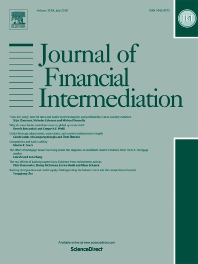
How Do Insured Deposits Affect Bank Risk? Evidence from the 2008 Emergency Economic Stabilization Act
in: Journal of Financial Intermediation, January 2017
Abstract
This paper tests whether an increase in insured deposits causes banks to become more risky. We use variation introduced by the U.S. Emergency Economic Stabilization Act in October 2008, which increased the deposit insurance coverage from $100,000 to $250,000 per depositor and bank. For some banks, the amount of insured deposits increased significantly; for others, it was a minor change. Our analysis shows that the more affected banks increase their investments in risky commercial real estate loans and become more risky relative to unaffected banks following the change. This effect is most distinct for affected banks that are low capitalized.
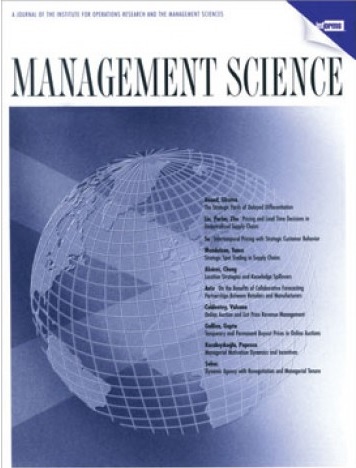
On the Nonexclusivity of Loan Contracts: An Empirical Investigation
in: Management Science, Nr. 12, 2016
Abstract
We study how a bank's willingness to lend to a previously exclusive firm changes once the firm obtains a loan from another bank ("outside loan") and breaks an exclusive relationship. Using a difference-in-difference analysis and a setting where outside loans are observable, we document that an outside loan triggers a decrease in the initial bank's willingness to lend to the firm, i.e., outside loans are strategic substitutes. Consistent with concerns about coordination problems and higher indebtedness, we find that this reaction is more pronounced the larger the outside loan and it is muted if the initial bank's existing and future loans retain seniority and are protected with valuable collateral. Our results give a benevolent role to transparency enabling banks to mitigate adverse effects from outside loans. The resulting substitute behavior may also act as a stabilizing force in credit markets limiting positive comovements between lenders, decreasing the possibility of credit freezes and financial crises.
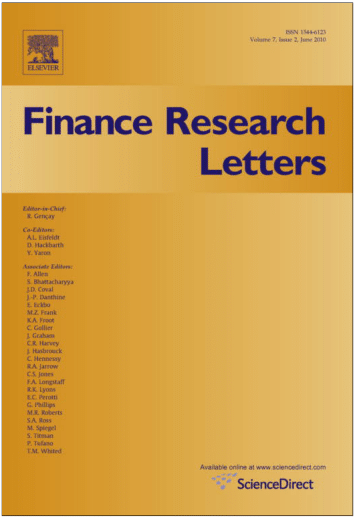
Foreign Funding Shocks and the Lending Channel: Do Foreign Banks Adjust Differently?
in: Finance Research Letters, November 2016
Abstract
We document for a set of Latin American emerging countries that the different nature of foreign funding accessed by foreign and local banks affected their lending performance after September 2008. We show that lending growth was weaker for shock-affected foreign banks compared to shock-affected local banks. This evidence represents valuable policy information for regulators concerned with the stability and well-functioning of banking sectors.
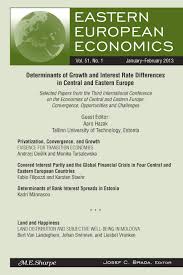
Decision-making Power in Foreign Subsidiaries and Its Effect on Financial Constraints: An Analysis for Selected European Transition Economies on the Basis of the IWH FDI Micro Database 2013
in: Eastern European Economics, Nr. 6, 2016
Abstract
This article analyzes whether the distribution of decision-making power between the headquarters and foreign subsidiaries of multinational enterprises (MNEs) affects the foreign affiliates’ financial constraints. The findings show that not much decision-making power has as yet been moved from headquarters to foreign subsidiaries in European post-transition economies. The high concentration of decision-making power within the MNE’s subsidiary points toward higher financial constraints. However, a nonlinear effect is found, which suggests that financial constraints within the subsidiary only increase with more decision-making power when the power granted to the subsidiary is at a low level. For subsidiaries that already have autonomy in decision-making, granting more power in this regard has no effect on financial constraints.
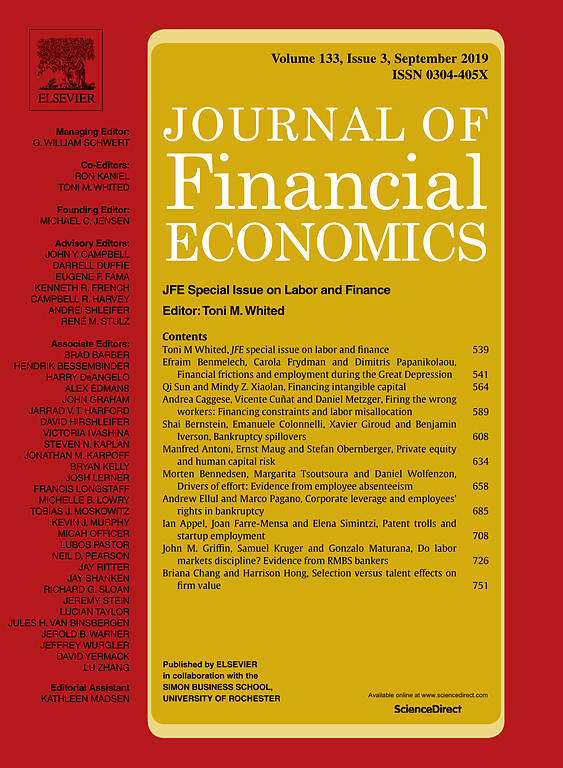
Relative Peer Quality and Firm Performance
in: Journal of Financial Economics, Nr. 1, 2016
Abstract
We examine the performance impact of the relative quality of a Chief Executive Officer (CEO)’s compensation peers (peers to determine a CEO's overall compensation) and bonus peers (peers to determine a CEO's relative-performance-based bonus). We use the fraction of peers with greater managerial ability scores (Demerjian, Lev, and McVay, 2012) than the reporting firm to measure this CEO's relative peer quality (RPQ). We find that firms with higher RPQ earn higher stock returns and experience higher profitability growth than firms with lower RPQ. Learning among peers and the increased incentive to work harder induced by the peer-based tournament contribute to RPQ's performance effect.
Arbeitspapiere
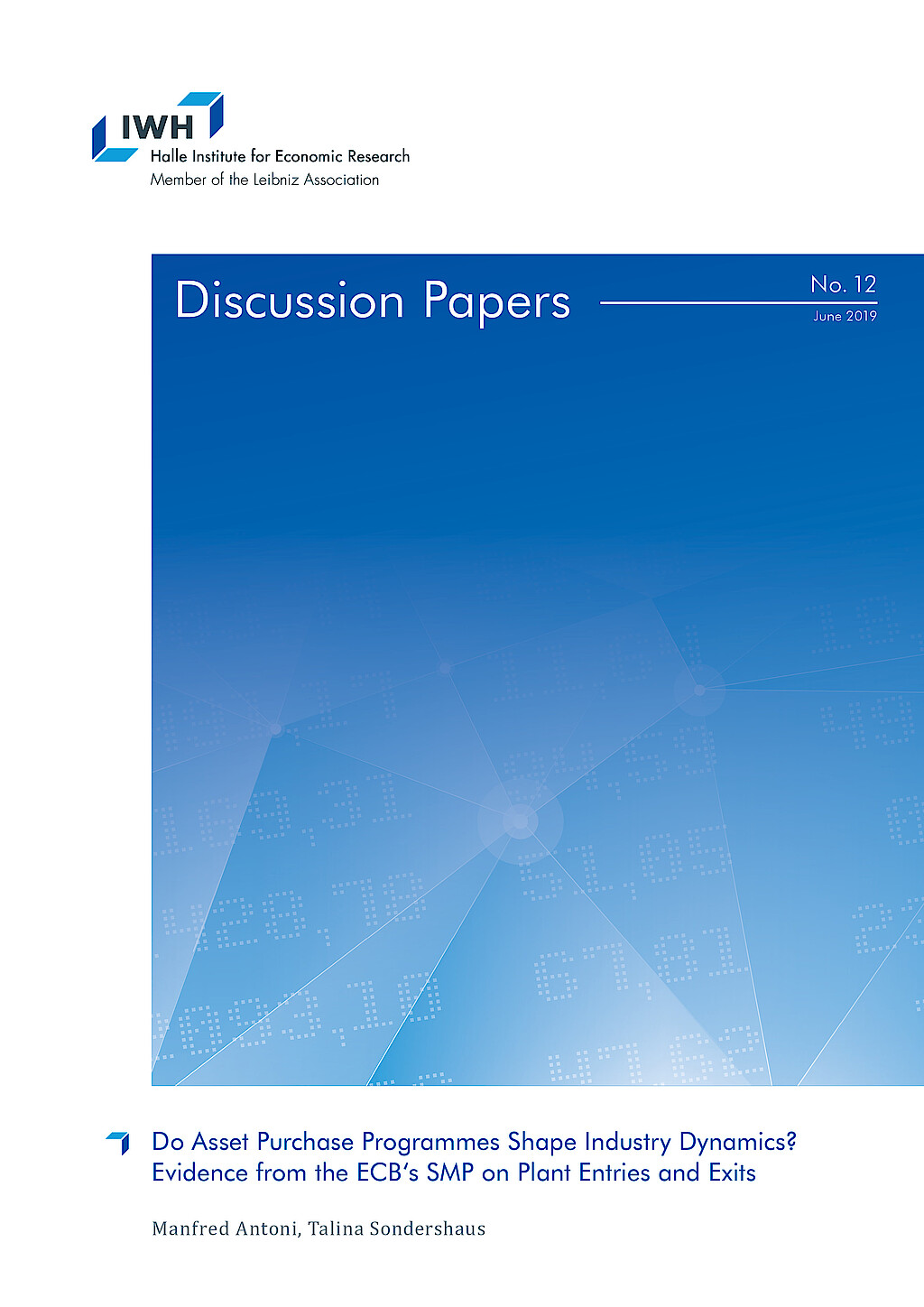
Do Asset Purchase Programmes Shape Industry Dynamics? Evidence from the ECB's SMP on Plant Entries and Exits
in: IWH Discussion Papers, Nr. 12, 2019
Abstract
Asset purchase programmes (APPs) may insulate banks from having to terminate relationships with unproductive customers. Using administrative plant and bank data, we test whether APPs impinge on industry dynamics in terms of plant entry and exit. Plants in Germany connected to banks with access to an APP are approximately 20% less likely to exit. In particular, unproductive plants connected to weak banks with APP access are less likely to close. Aggregate entry and exit rates in regional markets with high APP exposures are also lower. Thus, APPs seem to subdue Schumpeterian cleansing mechanisms, which may hamper factor reallocation and aggregate productivity growth.
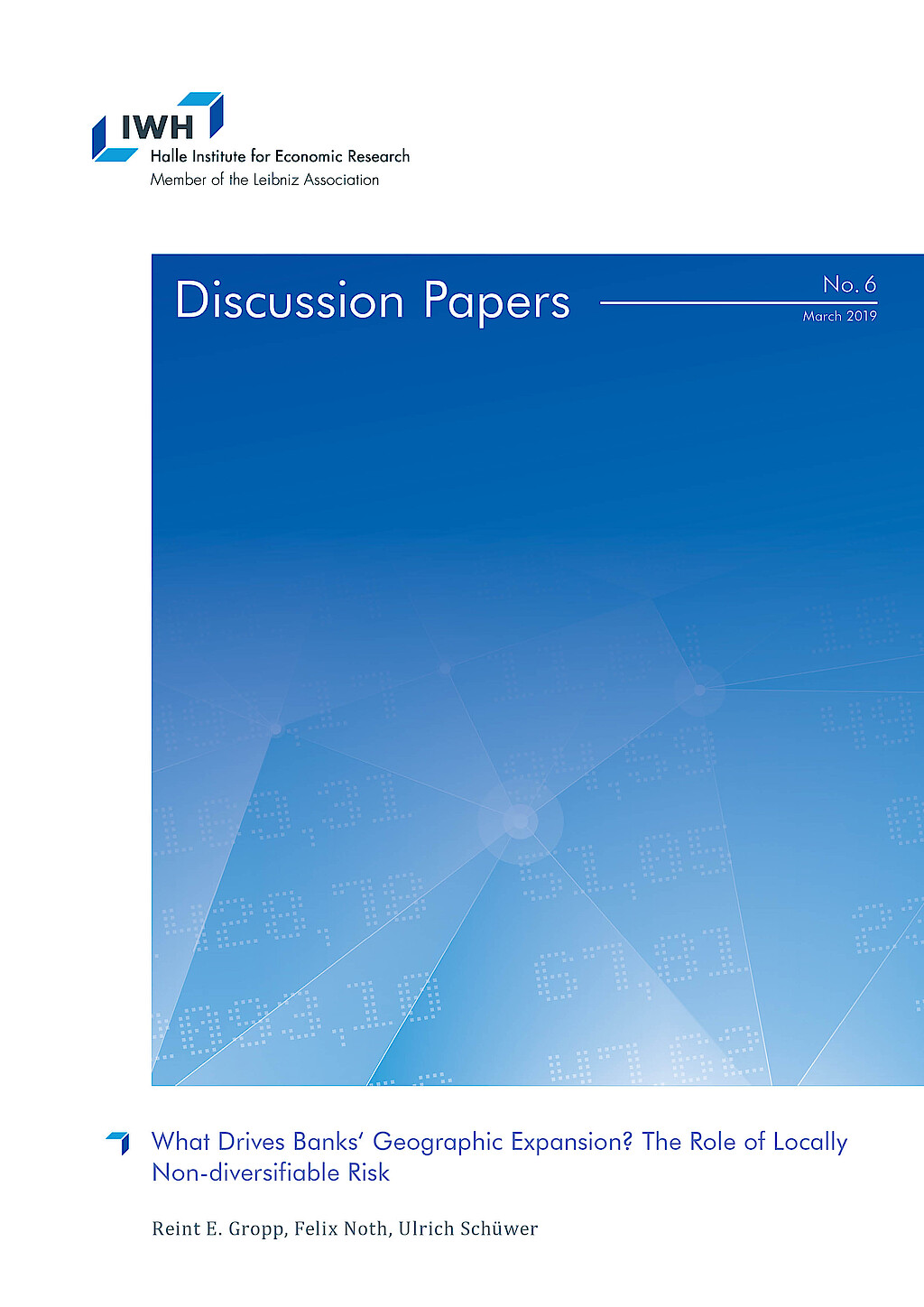
What Drives Banks‘ Geographic Expansion? The Role of Locally Non-diversifiable Risk
in: IWH Discussion Papers, Nr. 6, 2019
Abstract
We show that banks that are facing relatively high locally non-diversifiable risks in their home region expand more across states than banks that do not face such risks following branching deregulation in the 1990s and 2000s. These banks with high locally non-diversifiable risks also benefit relatively more from deregulation in terms of higher bank stability. Further, these banks expand more into counties where risks are relatively high and positively correlated with risks in their home region, suggesting that they do not only diversify but also build on their expertise in local risks when they expand into new regions.
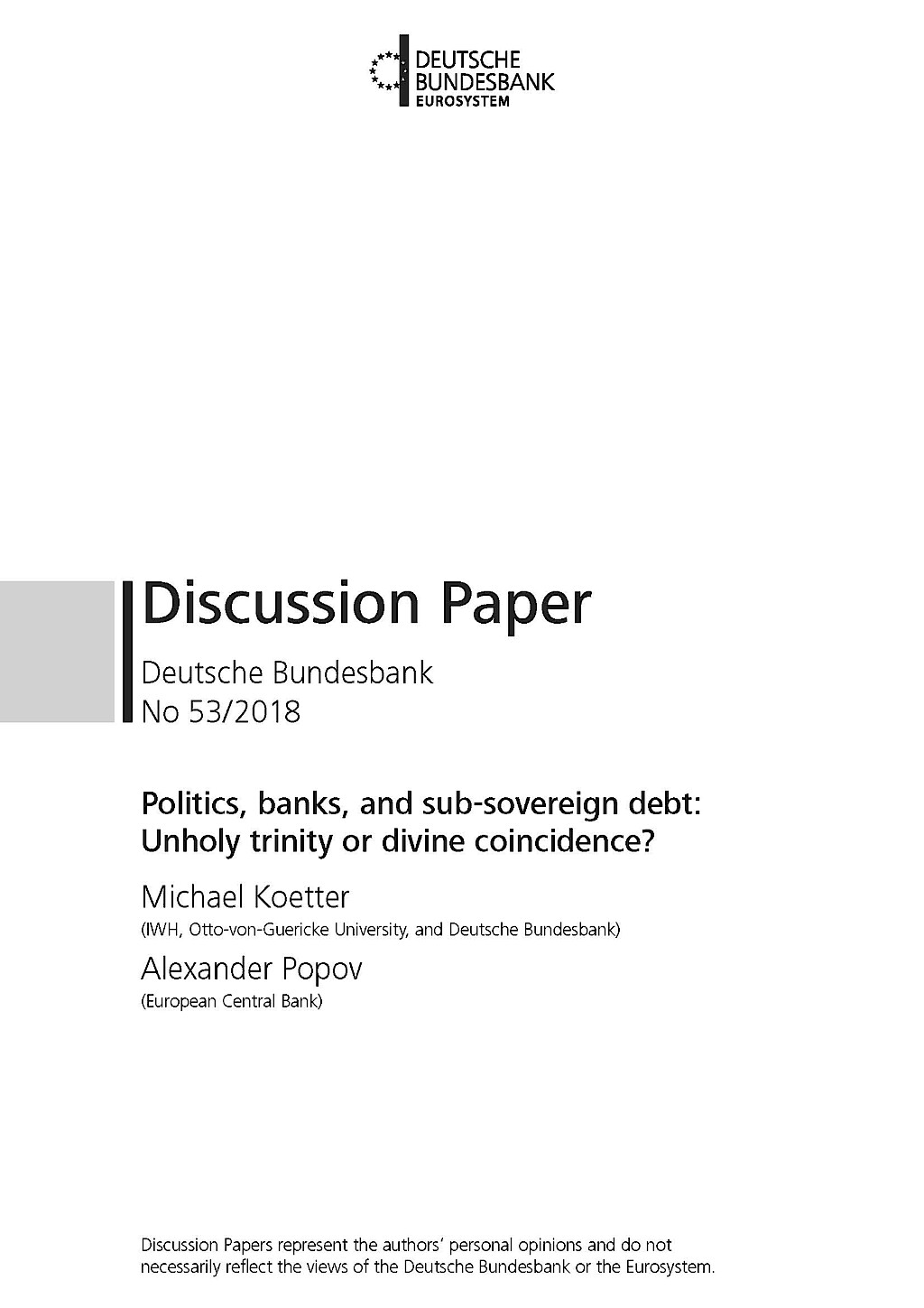
Politics, Banks, and Sub-sovereign Debt: Unholy Trinity or Divine Coincidence?
in: Deutsche Bundesbank Discussion Paper, Nr. 53, 2018
Abstract
We exploit election-driven turnover in State and local governments in Germany to study how banks adjust their securities portfolios in response to the loss of political connections. We find that local savings banks, which are owned by their host county and supervised by local politicians, increase significantly their holdings of home-State sovereign bonds when the local government and the State government are dominated by different political parties. Banks' holdings of other securities, like federal bonds, bonds issued by other States, or stocks, are not affected by election outcomes. We argue that banks use sub-sovereign bond purchases to gain access to politically distant government authorities.
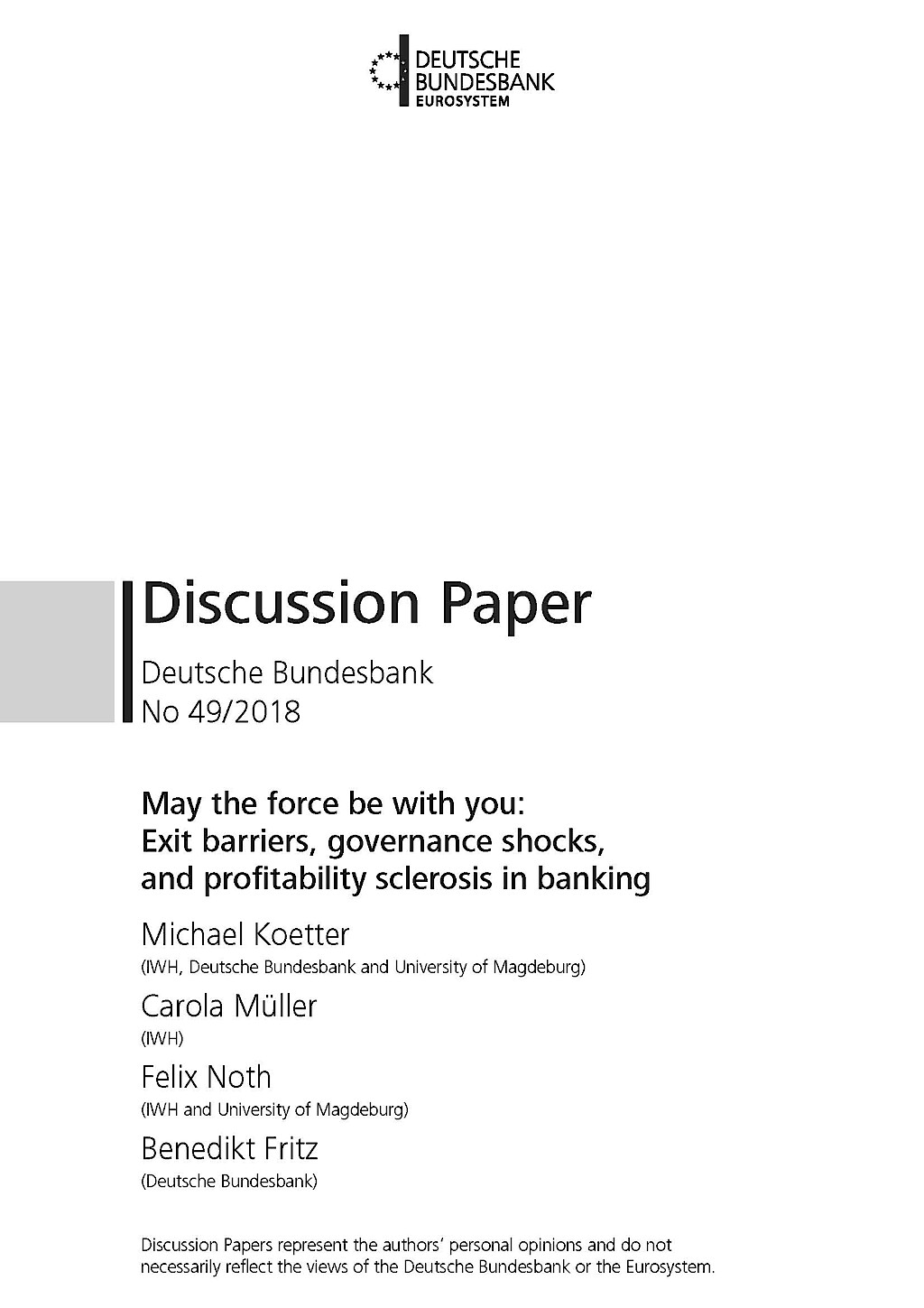
May the Force Be with You: Exit Barriers, Governance Shocks, and Profitability Sclerosis in Banking
in: Deutsche Bundesbank Discussion Paper, Nr. 49, 2018
Abstract
We test whether limited market discipline imposes exit barriers and poor profitability in banking. We exploit an exogenous shock to the governance of government-owned banks: the unification of counties. County mergers lead to enforced government-owned bank mergers. We compare forced to voluntary bank exits and show that the former cause better bank profitability and efficiency at the expense of riskier financial profiles. Regarding real effects, firms exposed to forced bank mergers borrow more at lower cost, increase investment, and exhibit higher employment. Thus, reduced exit frictions in banking seem to unleash the economic potential of both banks and firms.
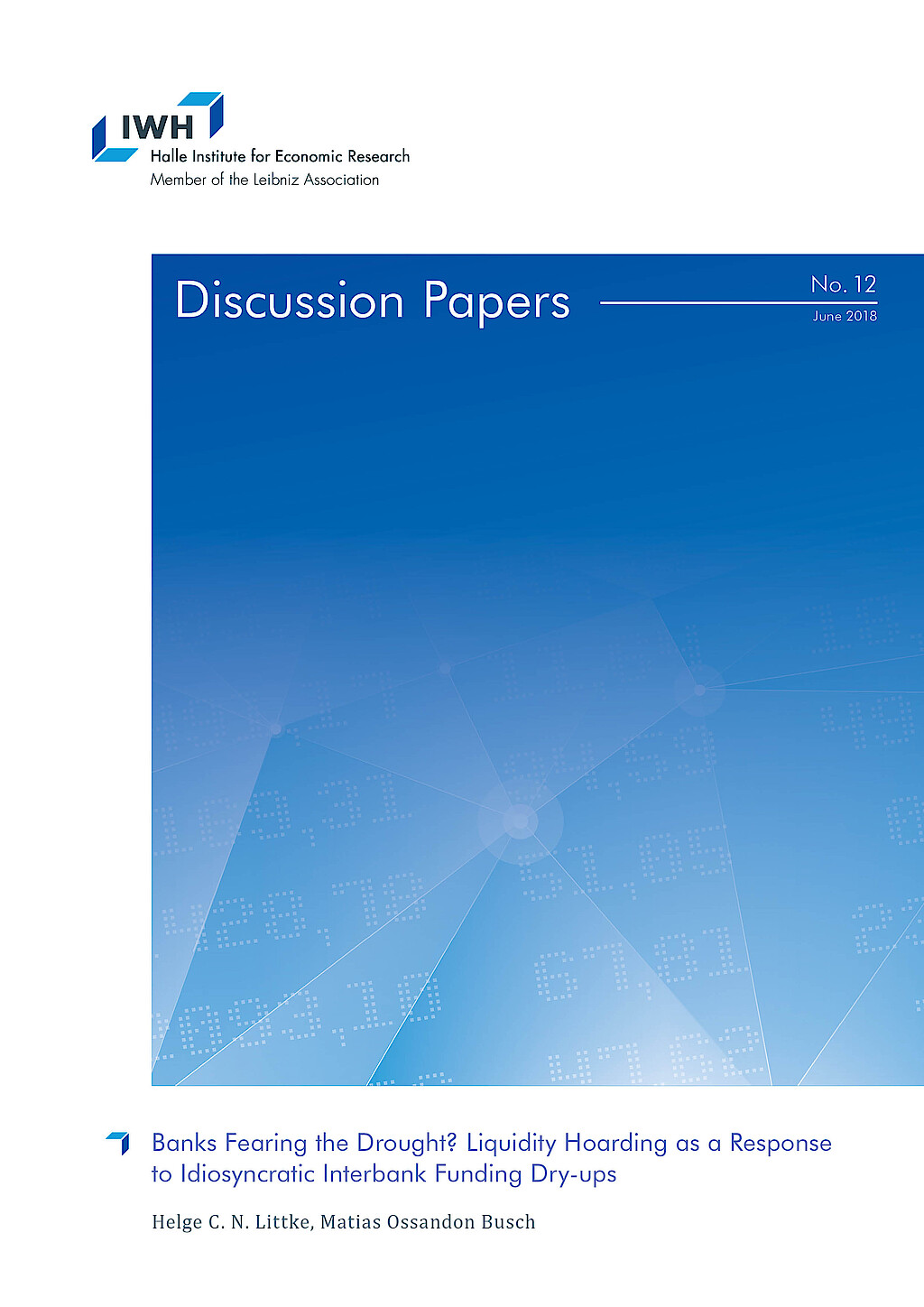
Banks Fearing the Drought? Liquidity Hoarding as a Response to Idiosyncratic Interbank Funding Dry-ups
in: IWH Discussion Papers, Nr. 12, 2018
Abstract
Since the global financial crisis, economic literature has highlighted banks’ inclination to bolster up their liquid asset positions once the aggregate interbank funding market experiences a dry-up. To this regard, we show that liquidity hoarding and its detrimental effects on credit can also be triggered by idiosyncratic, i.e. bankspecific, interbank funding shocks with implications for monetary policy. Combining a unique data set of the Brazilian banking sector with a novel identification strategy enables us to overcome previous limitations for studying this phenomenon as a bankspecific event. This strategy further helps us to analyse how disruptions in the bank headquarters’ interbank market can lead to liquidity and lending adjustments at the regional bank branch level. From the perspective of the policy maker, understanding this market-to-market spillover effect is important as local bank branch markets are characterised by market concentration and relationship lending.



















